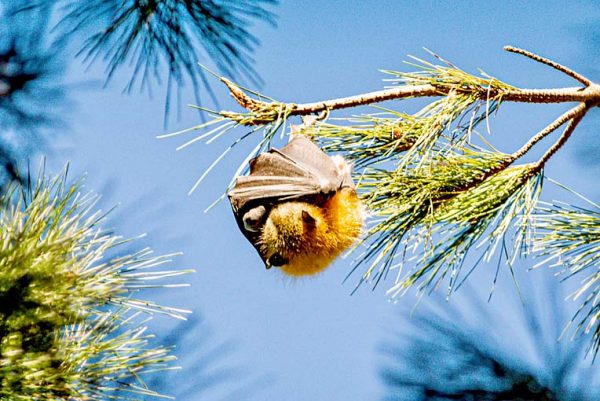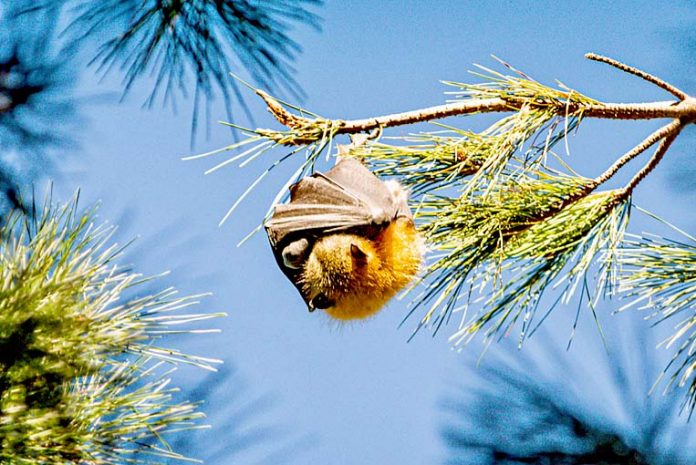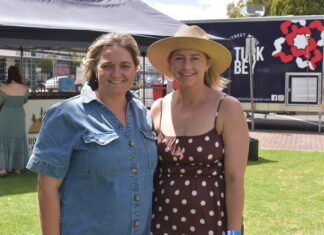
A NEW colony of native grey-headed flying foxes has settled in a pine forest near Millicent, with the plantation owner halting harvesting operations to protect the vulnerable species.
Around 1500 animals have taken up residence in the OneFortyOne plantation, with OFO harvesting and roading manager Ockert Le Roux confirming the company had delayed scheduled thinning in the pine forest.
“We have established a buffer around the colony to protect these native animals,” Mr Le Roux said.
“We take our environmental obligations seriously, working hard to protect and enhance local biodiversity across our forests.
Mr Le Roux said the company was happy to delay harvesting operations and continue to work with Natural Resources South East to ensure the best outcome for the vulnerable bats.
Natural Resources South East district manager Ross Anderson said the operation delay was a great outcome for the animals, which are vulnerable to extinction.
“Until recently, we believed that grey-headed flying foxes only passed through the South East,” Mr Anderson said.
“A colony established more permanently in Adelaide some years ago.
“This colony near Millicent is a new addition.”
Numbers of the species appear to be in decline, however research shows grey-headed flying foxes have moved down the east coast of Australia over the last 40 to 50 years, settling in Melbourne and now as far across as Adelaide.
It is believed a combination of factors have triggered the migration, including habitat loss, competition for food and the effects of climate change across their natural range in the eastern states.
“Grey-headed flying foxes are protected under the National Parks and Wildlife Act 1972,” Mr Anderson said.
Approval from the Department for Environment and Water is required to disturb or relocate a flying fox camp.
“It is important not to handle flying foxes, or any type of bat species, including injured or dead animals, as they can carry serious diseases,” Mr Anderson said.
“Flying foxes pose no health risk to humans, unless you are bitten or scratched. In that instance, wash the site immediately with plenty of soap and water and seek immediate medical attention.
“If you find an injured or dead flying fox, contact a wildlife rescue organisation or the RSPCA.”
The species plays an important role in helping to conserve native plants by dispersing seeds and pollen.








